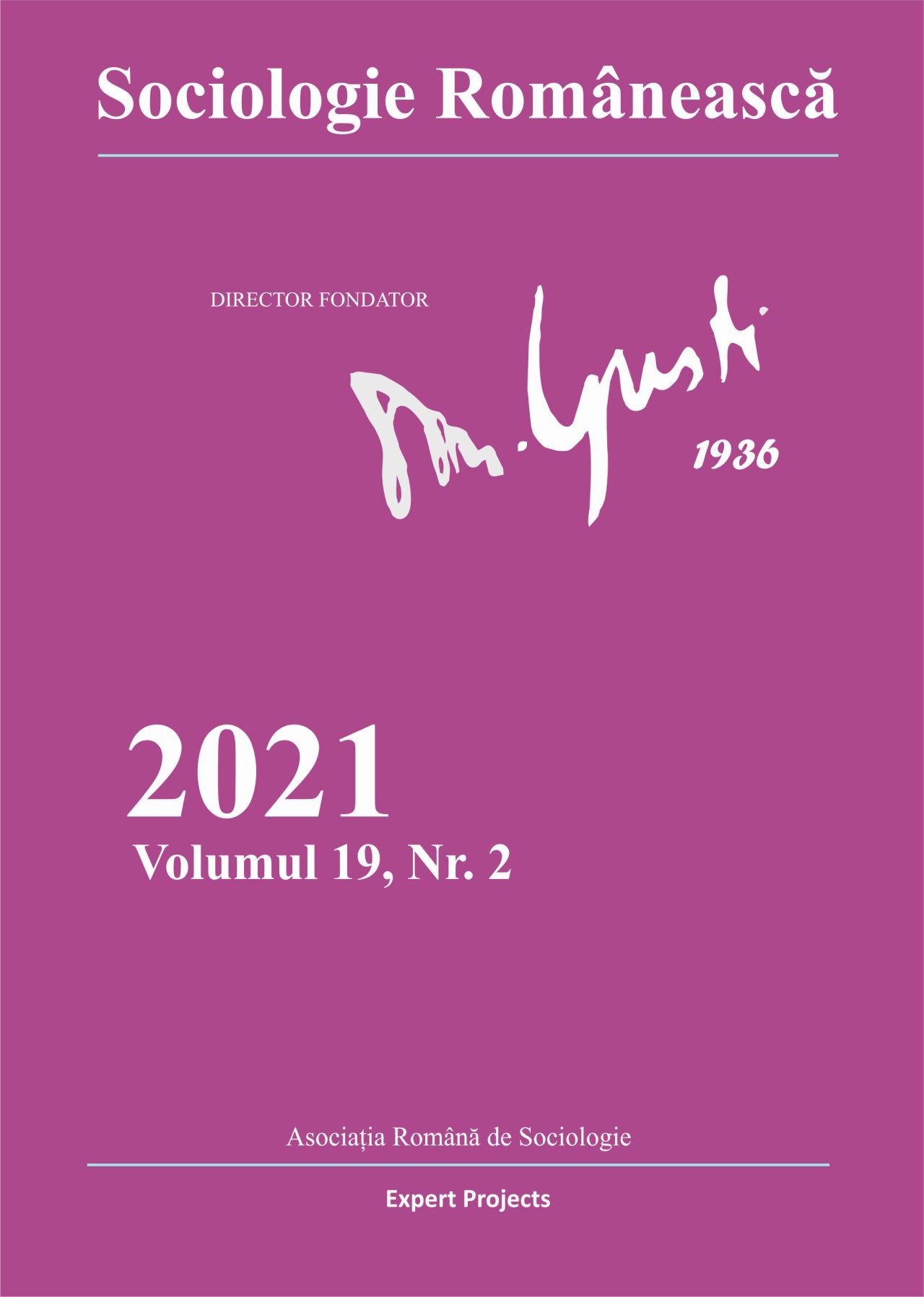Discurs 21.04.2021, 12.00: Premiul de Excelență al Asociației Române de Sociologie (ARS) pentru lucrarea Capitalul în România postcomunistă, Editura Academiei Române, 2018
Speech 21.04.2021, 12.00: Excellence Award of the Romanian Sociological Association (ARS) for the paper Capital in post-communist Romania, Romanian Academy Publishing House, 2018
Author(s): Florin GeorgescuSubject(s): Social development, Economic development, Post-Communist Transformation
Published by: Editura Eikon
Keywords: capital; real sector; financial and payment discipline; structural reforms; transition; economic development;
Summary/Abstract: As early as the dawn of modern age, Benjamin Constant (1819) wrote that the current democracy, unlike the ancient one, based on slavery and perpetual wars, is based on capital, while Braudel (1979) shows that capitalism as a concept could not exist without the other concepts preceding it in the sequence they occur in society, i.e. capital and capitalist. Therefore, I regarded capital, meaning the foundation of both democracy and capitalism, as a particularly challenging object of study from the standpoint of its formation, development, location in the economy and ownership in post-communist Romania. I deem the amount, quality, origin and behaviour of capital are pivotal for a solid democracy and an efficient functioning of capitalist market economy in our country. The book Capital in post-communist Romania, based on long data series, may cast a historical perspective on the economic and social phenomena and processes under scrutiny. They are meant to help devise and implement public policies for making the objectively necessary corrections to the Romanian society after such an intricate transition, as well as to prepare the actions for securing Romania’s future development. I viewed this scientific endeavour as useful after identifying a shortage of information and, against this backdrop, of analysis on economic and social results of Romania’s transition, also by comparison with other former communist countries.
Journal: Sociologie Românească
- Issue Year: 19/2021
- Issue No: 2
- Page Range: 217-228
- Page Count: 12
- Language: Romanian

